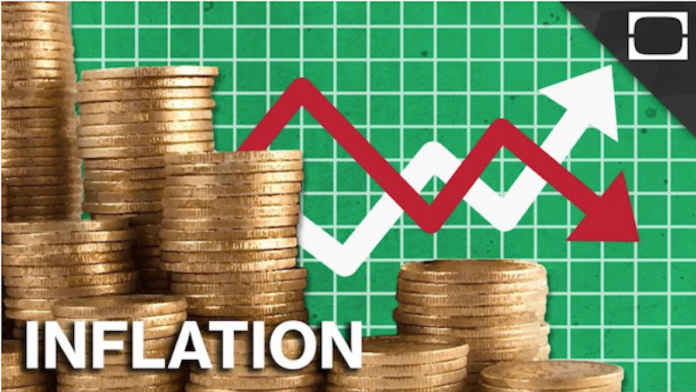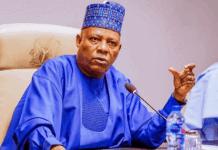The National Bureau of Statistics (NBS) has said that Nigeria’s headline inflation increased by 0.72 per cent to 28.92 per cent in December 2023, up from 28.20 per cent in November 2023.
In its report released on Monday, NBS said that on a year-on-year basis, the headline inflation rate was 7.58 per cent, higher than the 21.34 per cent recorded in December 2022.
This shows that the headline inflation rate (year-on-year basis) increased in December 2023 when compared to the same month in the preceding year.
Furthermore, on a month-on-month basis, the headline inflation rate in December 2023 was 2.29per cent, which was 0.20per cent higher than the rate recorded in November 2023 (2.09per cent).
This means that in December 2023, the rate of increase in the average price level is more than the rate of increase in the average price level in November 2023.
The highest level of the average cost of goods and services since 1997 under the regime of the late Gen. Sani Abacha.
The rise in food inflation on a year-on-year basis was caused by increases in prices of oil and fat, bread, cereals, potatoes, yam, and other tubers, as well as contributions from fish, fruit, meat, vegetables milk, cheese, and eggs.
On a month-on-month basis, the food inflation rate was 2.72 per cent, this was 0.3 per cent higher compared to the rate recorded in November 2023 (2.42 per cent).
The rise in food inflation on a month-on-month basis was caused by an increase in the average prices of potatoes, yam and other tubers, bread and cereals, fruits, and fish.
The average annual rate of food inflation for the 12 months ending December 2023 over the previous twelve-month average was 27.96 per cent which was 7.02 per cent points increase from the average annual rate of change recorded in the same period of 2022 (20.94 per cent).
While urban inflation was 31.0 per cent, rural inflation came in at 27.1 per cent in December 2023.

























